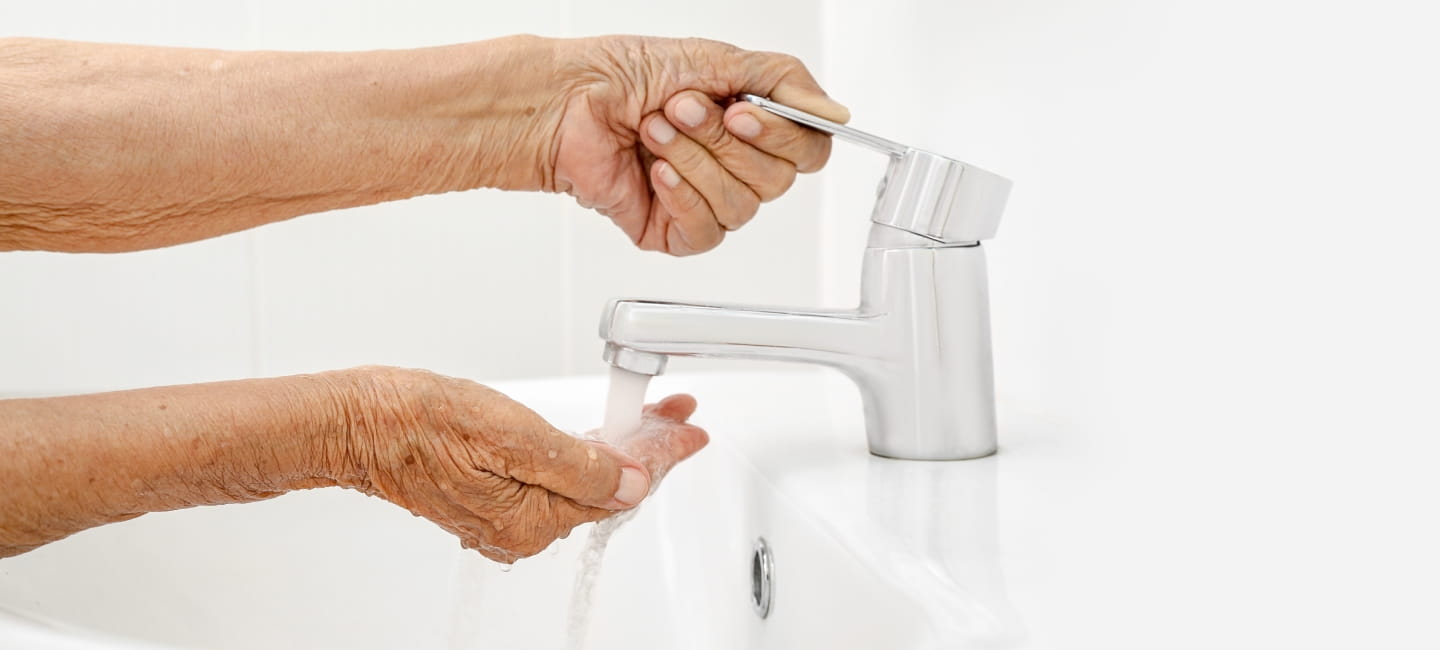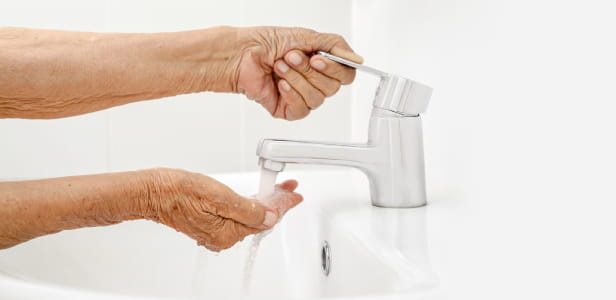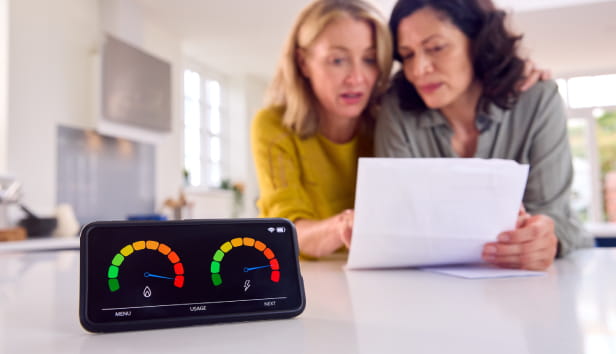*South East Water does not provide wastewater services – wastewater costs are billed by South East but will be set by the company that supplies them, either Thames, Southern, Severn Trent Connect or Icosa, depending on where you live.
The first price increases for 2025-30 have already kicked in. The average water bill in England and Wales went up by around £10 a month in April 2025, equating to an annual rise of about £123. The five-year price increases are front-loaded, meaning this will be the largest price increase in the period, with smaller increases following in subsequent years.

.jpg?sc=max&mw=800&h=450&la=en&h=731&w=1300&hash=6D4C2FEFFE1464F7F92730124ECB127F)









